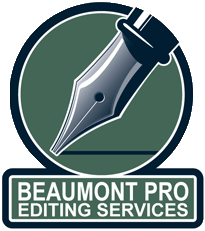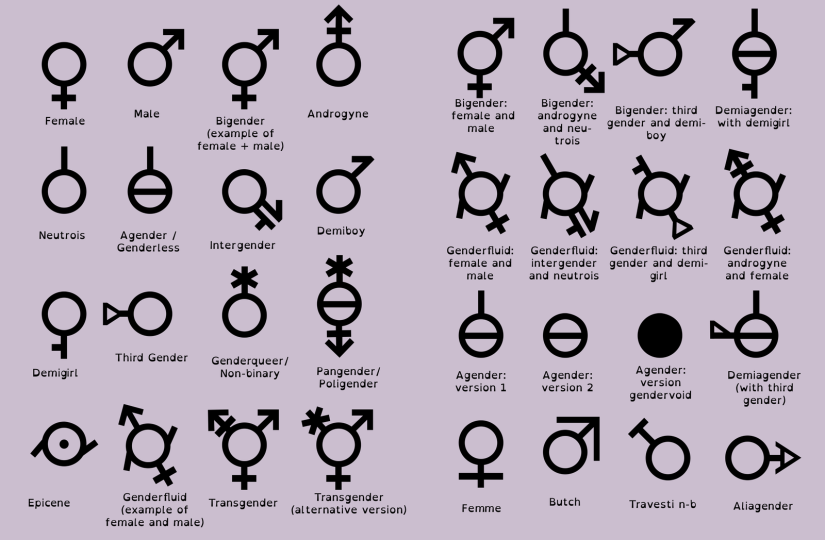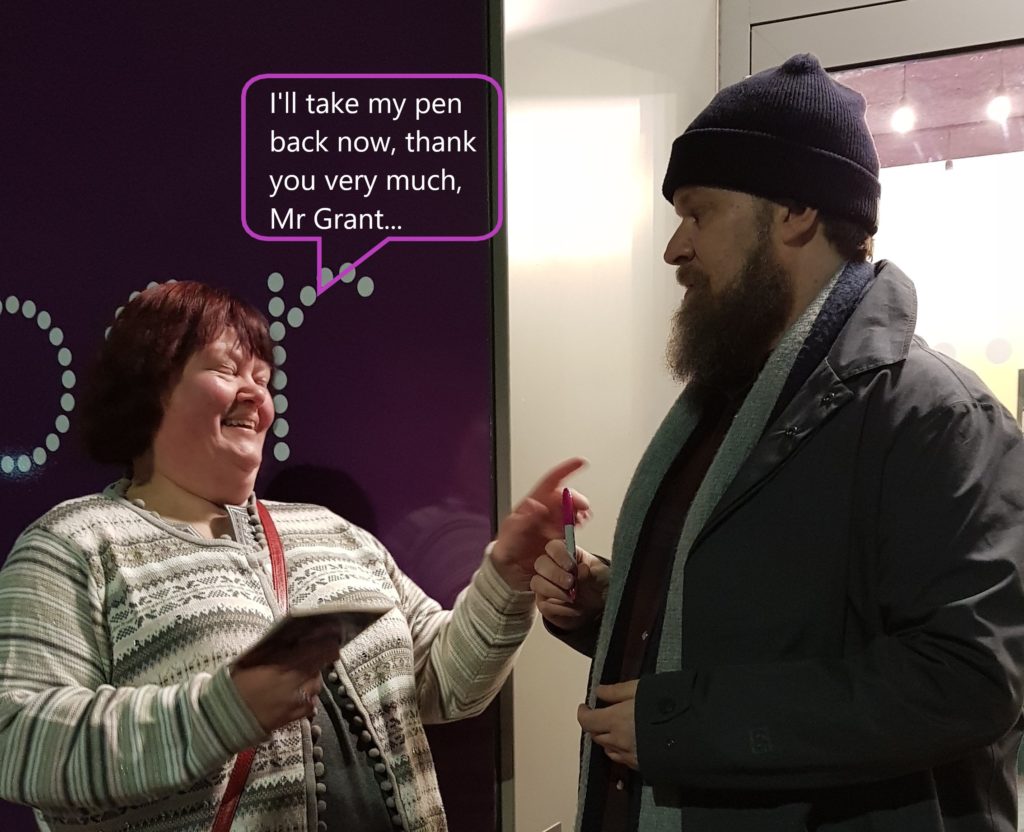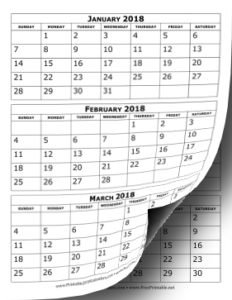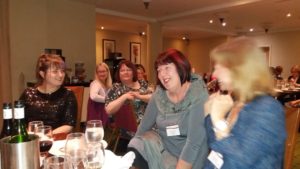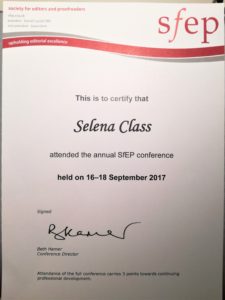Let women write
On a very wet weekend towards the end of October, I made my first ever trip to Cardiff to attend my first conference run by the charity FiLiA. The largest feminist gathering in Europe saw more than 1,700 women (and a handful of men) travel to the Welsh capital to discuss the state of women’s rights and various issues facing us today, from porn, prostitution and the patriarchy to female genital mutilation, motherhood and matriarchal societies. Outside of the formal sessions I was lucky enough to speak to many women of different nationalities, ethnicities, sexual orientations and political persuasions. It was a fantastic and moving experience with numerous highlights, including an interview with the remarkably eloquent and composed Nazanin Zaghari-Ratcliffe.
As a woman and editor, with a degree in biology and working mainly in the healthcare area, one of the key sessions at FiLiA for me was entitled ‘Gender-Critical in Publishing: The Silencing of Women’s Voices’. Before reviewing the discussion, it may be worth introducing some definitions for people unfamiliar with this issue.
Many people don’t like the term ‘gender critical’ (GC) or feel it is very accurate, but the Cambridge Dictionary’s definition is:

I would take issue with the phrase highlighted in blue, and just say ‘the sex they were born as’. A common phrase used by trans rights activists is ‘sex assigned at birth’, which is, of course, nonsensical – sex is fixed at conception and observable in utero early in pregnancy, hence, unfortunately, the possibility of sex-selective abortions – the overwhelming majority of which target female fetuses.
Another key position of being GC is that in some situations, sex matters; for example, in healthcare, demographic data, crime statistics, and where personal dignity, safety or religious beliefs are involved. Language is also viewed as important: if any man can claim to be a woman, then the word ‘woman’ loses all value and it means the end of single-sex services – anything from the mundane, like public toilets, to the specialist, like rape and domestic violence therapy centres. Funnily enough, you don’t see the activism – sometimes violent, often aggressive – running the other way, i.e. women seeking to access men’s spaces. There are also concerns around misogyny and homophobia, such as the ‘cotton ceiling’ (lesbians being told they should date trans-identifying men) and parents preferring to have a ‘trans’ child than a gay one.
On the other side of the argument is a belief that has various descriptions, including gender identity ideology, transgenderism or transgender ideology. I’ll use the former, or GII for short, in this blog post. Adherents of this ideology believe that everyone has a ‘gender identity’, which may or may not match their birth sex/anatomy, and may be neither (‘non-binary’) or no sex, but that should be viewed as more important than the latter. So, if a man says he ‘identifies as’ a woman, then he should be accepted as one.
Another problematic element of the Cambridge definition of GC for me is ‘believing that sex is a fact of biology that cannot be changed’. It’s not a belief – it is a fact. Sex in Homo sapiens is binary and immutable. People with disorders of sexual development are often dragged into this argument as ‘evidence’ that sex in humans is some kind of spectrum. Yet everyone ‘intersex’ is either male or female, and in the 0.02% of births where the sex is initially indeterminate (which is, by the way, much lower than the incidence of red hair) in most countries it can be quickly ascertained by a chromosomal or hormonal screen.
It is unclear, to me at least, where and how GII arose to become such a politically powerful movement, though it seemed to take hold from around 2015/16. As gay rights began to be strengthened in many countries, some activists and charities found a new cause in trans activism. Tranvestite (nearly always men who dress in women’s clothing) and transsexual (people who have undergone genital surgery) became old-fashioned terms, and everyone from a teenage girl with rapid-onset gender dysphoria (ROGD), fuelled by social media and the desire to escape a hypersexualised society, to middle-aged men sexually aroused by the idea of themselves as a woman, was just given the label ‘trans’.
Some people grew alarmed at the impact GII was having: the huge increase in the number of teenage girls with ROGD, the lack of clinical data and follow-up for children (a significant number of which were on the autism spectrum and/or likely to grow into gay adults), the off-label use of puberty blockers (which permanently affect child development) and what was beginning to happen to some women’s single-sex spaces. Others insisted that ‘trans’ people were marginalised and oppressed, and everyone should just ‘be kind’.
Women (and a handful of men) who began to express their concerns soon found they were shot down, told to educate themselves, or called a bigot or ‘TERF’ (trans-exclusionary radical feminist – another misnomer: the T should really be an M for male or P for penis…). Thanks to JK Rowling and some of the women on the FiLiA session panel, publishing has been in the spotlight, but women from many other occupations have been affected, including lawyer Allison Bailey, sports presenter Sharron Davies, dancer Rosie Kay, textile artist Jess de Wahls, university lecturer Kathleen Stock, nurse Amy Hamm, politicians Joanna Cherry and Rosie Duffield, and perhaps most famously business consultant Maya Forstater, whose case was highlighted by JK Rowling: sometimes, a woman’s only ‘crime’ is liking one of the latter’s tweets. Organisations were also affected: Vancouver Rape Relief (VRR) had a dead rat nailed to their door after making it clear they were a woman-only centre. Rosie and Maya both gave rousing speeches at the Sunday morning session of the conference, on misogyny, and one of the representatives from VRR who’d travelled to Cardiff, Hilla Kerner, noted that they’d had so much support from women around the world that they will soon be able to open a second space for women traumatised by male sexual violence.

So… as you might imagine, there was a lot to discuss, and the room was packed! The session was led by the estimable Helen Joyce, currently on leave from The Economist and serving as Director of Advocacy at Sex Matters, and the author of Trans: When Ideology Meets Reality – one of the clearest explanations of GII and its effects. Helen noted that her original agent had been thrilled when she brought up the idea of writing a controversial book, but then dumped her when she discovered the actual subject. Luckily, Kathleen Stock’s agent, Caroline Hardman, was happy to come on board. Trans soon became a bestseller, even though some people found it difficult to purchase at high street booksellers like Waterstones. One point Helen made is that, like many businesses, publishers are focused on their bottom line, and the success of her and Stock’s book (Material Girls: Why Reality Matters for Feminism) may make others braver when it comes to publishing GC authors.
Introducing the panellists, Helen commented: ‘Female bodies exist – and they have consequences.’
The first to speak was Julia Williams, a freelance editor and writer. She said that the publishing industry had been captured by intolerant thinking and was doubtful that a book like Sir Salman Rushdie’s The Satanic Verses would be published today. Children’s publishing is an especially toxic area, with younger employees terrified of saying the wrong thing. Julia noted that ‘being kind’ should include listening to other people’s point of view.
Next up was Gillian Philip, a children’s author who is suing her former publisher. She defended Rachel Rooney, who was attacked over her book My Body Is Me, and said she stood with JK Rowling while the latter continued to receive a barrage of vile abuse – a few weeks later she was sacked, even though her publishers had known her stance for years. As Gillian pointed out, surely of all industries, being worried about what you say or write shouldn’t be happening in publishing? Now some people are even afraid to think.

Jenny Lindsay is a Scottish poet and director. Her key point was that women are materially definable and legislatively important. She has seen her income fall by 70%, had open letters against her – one signed by her own publisher! – friends and colleagues be harassed and her work reframed as bigoted. The only organisation that stood up to the ‘mob’ was the Scottish Poetry Library. Jenny eventually asked for her rights to be returned to her and took her book out of print: a second edition is being published by Red Squirrel Press, and she is working on a novel as she wants to explore this issue creatively. Later it was noted that some smaller presses are braver with regard to who they publish compared with their bigger rivals.
Milli Hill is a journalist and founder of the Positive Birth Movement, who published two books uneventfully. She then criticised the use of the term ‘birthing people’ to describe pregnant women in the context of obstetric violence. Working on her third book, on periods, which had been commissioned on the grounds of using sex-based language and rigorous evidence, Milli wanted to bring biology back to younger girls. The layout was ready in March 2021, ahead of publication that May. Another author, who uses gender-neutral language, saw a preview and wrote to the publishers – who subsequently panicked. The book had already been past three different editors and a doctor, yet suddenly last-minute insertions (with no context or explanation) and a sensitivity reader were suggested. Milli stood her ground and the book, My Period, finally came out in August 2021. She has since found a new publisher.
Helen summarised some of the discussion by noting that the overall capture of the publishing industry by GII was leading to:
- Misinformation being given to children
- Some authors being refused publishing deals or being unable to find an agent
- Other authors being influenced on what they chose to write about
There were some general misgivings about sensitivity readers, especially for non-fiction books. While they can definitely be useful in some circumstances, there is a danger of them adding another layer of censorship, and some also believe there is an element of ‘grift’ involved by individuals and organisations who have spotted a lucrative opportunity. The panellists all agreed that publishing has been too white and too middle-class for years (though WOC authors like Onjali Rauf have also come under attack for defending women’s rights to single-sex spaces, which are obviously crucial for many Muslim and some Jewish women). An example is unpaid internships: as most of these are based in central London they are really only feasible to those with wealthy parents. Some publishers are beginning to tackle this, however, and diversity has to cover all of the protected characteristics under the Equality Act – not just the high-profile ones. Employees are fed up of being frightened and are starting to make connections; Milli noted this was happening in the maternity world as well as in publishing.
You can become a friend of FiLiA and buy merchandise via their website, and next year’s conference will be in Glasgow, October 13–15.
Women won’t wheesht!
